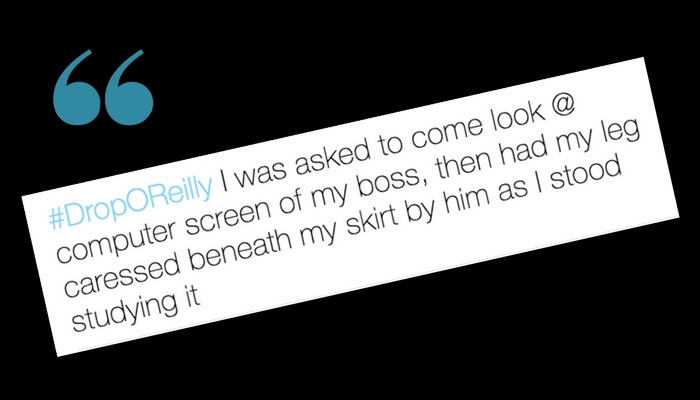 An inappropriate touch. An insulting dismissal. A sexual ultimatum. A suggestion that a job is not fit for a woman.
An inappropriate touch. An insulting dismissal. A sexual ultimatum. A suggestion that a job is not fit for a woman.
The opening paragraph of a New York Times story about the ongoing sexual harassment scandal at Fox News, details the kind of the experiences thousands of women are sharing on social media this week. “It sounds just like what you’ve been writing about,” wrote the friend who emailed the article to me.
Yes, it does. My new novel, which comes out April 18, tells the story of a young woman who comes to New York City in the mid-1960s to build a career as an art director. The book draws on my own experiences working in advertising and publishing during those years, an era familiar to anyone who has watched Mad Men.
This isn’t the first time sexual harassment and gender bias has hit the headlines in the four years I’ve been working on my book. Allegations of harassment and the related resignations of high-profile executives were front-page news a couple of times last spring, and again in the fall. Yet these stories continue to strike people as surprising. In truth, they are anything but. It is almost as if Madison Avenue hasn’t changed in 50 years.
Much like Kerri McKeand—the 40-year-old paralegal who told the Times, “I had no idea when I was younger of what sexual harassment was, what my rights were”—I was discriminated against without even realizing it was, as such, discrimination. The word had barely entered my vocabulary. I was subjected to sexist comments and refused a job because of my gender, but that, as we said in those days, was just the way it was. Younger women have told me that what I experienced in the ’60s was still commonplace well into the ’80s and ’90s. I worked with one secretary who had practically been stalked by one of the company’s principals; he also made loud, inappropriate comments whenever he passed her in the hallway. In order to receive severance after she resigned, she was forced to sign a document promising not to seek legal advice.
How many women over the years have been forced to keep their mouths shut in order to get severance or settlements or keep their jobs? This latest uproar was prompted by the news that Fox has paid $13 million to settle sexual harassment claims against its star host, Bill O’Reilly. What happens to those who refuse?
I applaud Kerry McKeand for finally speaking out. In my day, we had no voice. We were in effect second-class citizens and no reporter would have been interested in our complaints. Those of us who were allowed into the boys’ bullpen were expected to be grateful and to accept (or ignore) the laughs and remarks, if not the occasional pat on the butt. But it’s not the ’60s anymore: women today have a voice and it’s time we confronted these outrages every day and on our own terms.
As television commentator Gretchen Carlson, who accepted a $20 million sexual harassment settlement from Fox that forbids her to speak publicly about her former employer, has said, “We’ve got to stand up and say we’re not taking this anymore.”